PEOPLE
CURRENT TEAM
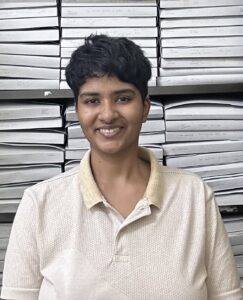
Daya Ambirajan is a research associate at QAMRA, undertaking research on well-being in queer lives, and setting up the archives’ online catalogue. Daya has a BA(Honours) in Communication Studies from Mount Carmel College and is interested in social media, culture and politics.
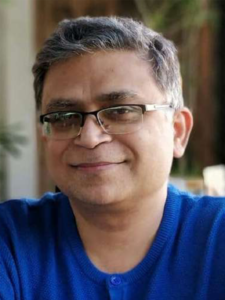
Pawan Dhall is a Kolkata-based queer activist, archivist and writer. He has been engaged with queer community mobilization in eastern and other parts of India since the early 1990s. He was a founder member of Counsel Club (1993-2002) and “Pravartak” (1991-92, 1993-2000), among the first queer support forums and publications in India. He studied BSc in Economics at St. Xavier’s College, Kolkata and worked as a journalist, copywriter and social communicator in his early years as a professional. From 2002-2014, he worked with SAATHII, an NGO that promotes universal access to health and social justice, as part of the top-level management. He now leads Varta Trust, a Kolkata-based gender and sexuality publishing, research, advocacy and training non-profit agency, and is the editor of their monthly webzine “Varta”. He engages in social research, archival management, journalistic writing, training and advocacy on queer histories, health, legal and socio-economic inclusion – individually and on behalf of Varta Trust. In 2017, he was awarded a fellowship by the Svran-Apeejay Journalism Foundation, Delhi, which supported him to write his latest book “Out of Line and Offline: Queer Mobilizations in ’90s Eastern India” (Seagull Books, 2020).
ADVISORS
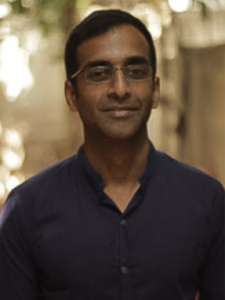
Arvind Narrain is a human rights lawyer, activist and writer. He has written extensively on human rights issues including LGBT rights, minority rights and discrimination law. He is a founder member of the Alternative Law Forum, Bangalore. He was part of the team of lawyers involved in the litigation around Section 377, IPC in both the Delhi High Court and the Supreme Court. He is currently the Director of Research and Practice at Arc International and is a co-founding Member of Archive, Memory and Education Trust , Bengaluru.
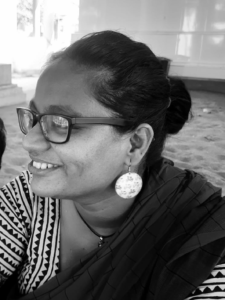
Ponni Arasu is a Tamil queer feminist activist who is a researcher, historian, lawyer and theatre practitioner. She has been part of movements for rights of a range of marginalized communities in different parts of India and Sri Lanka. Her academic work has addressed queerness and the law; history of caste and gender in Tamil Nadu; oral histories of women’s movements in India; and most recently documentation of women’s collective farming in Sri Lanka. She is currently in training to become a movement arts therapist at the Studio for Movement Arts Therapy, Bangalore. She now lives and works in Batticaloa in eastern Sri Lanka.
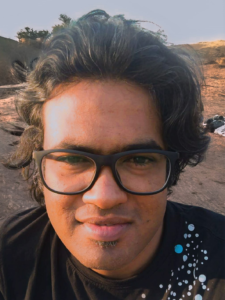
Thejaswi Shivanand was a school teacher for many years. He is currently a curator and library educator at the Champaca Bookstore and Children’s Library, Bangalore, while also teaching in professional development courses for librarians. He is interested in the potential of archives as transformational learning spaces.
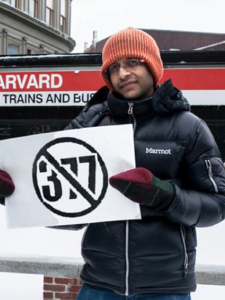
Siddharth Narrain is a lawyer and legal academic. He is currently a Scientia PhD candidate at the Faculty of Law & Justice, University of New South Wales (UNSW), Sydney. His PhD research focuses on the legal regulation of hate speech online in contemporary India. His academic work focuses on themes related to public law, law and society, law and media, and South Asia.
Over the last 20 years, Siddharth has contributed to debates around the freedom of speech and expression, gender and sexuality rights, and civil liberties in India. He was part of the legal team that successfully challenged the constitutional validity of s. 377 of the Indian Penal Code in the Delhi High Court and Supreme Court. Siddharth has previously worked as Assistant Professor (Visiting) at the School of Law, Governance & Citizenship, Ambedkar University Delhi; as a Research Associate & Visiting Fellow at the Sarai Programme, CSDS, Delhi; as a lawyer with the Alternative Law Forum, Bengaluru; and as a journalist with The Hindu newspaper and Frontline magazine, New Delhi.
Siddharth has co-edited The Shifting Scales of Justice: The Supreme Court in Neo-liberal India (Orient BlackSwan 2014), a collection of essays on the politics of the Indian Supreme Court. He has published widely in journals, magazines, and websites including in The Economic and Political Weekly, Seminar, India Today, The Indian Express, Yahoo News, Kafila, The Hoot, The Wire, Scroll.In, Himal Southasian and Time Out Bengaluru.
Siddharth has academic degrees from the National Law School of India University, Bengaluru, the Asian College of Journalism, Chennai, and the Harvard Law School. He is the recipient of the Fulbright-Nehru Master’s scholarship (2013-4) and the UNSW Scientia PhD scholarship (2019-23).
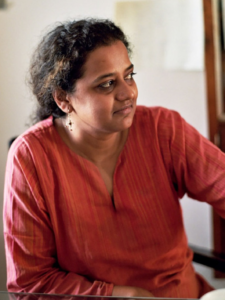
T. Jayashree is an independent filmmaker based in Bangalore. She has written, produced and directed for international television, radio, feature and documentary film. Co-founder of the QAMRA Archival Project at NLSIU, her work has focused on the intersection between Gender, Sexuality, Law and Public health. View her work here.
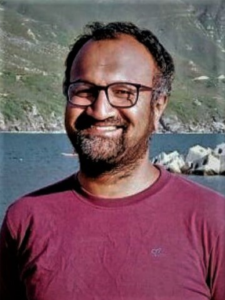
Niruj Mohan Ramanujam is an astronomer, who has been interested in queer archiving since a few years now, partly motivated by his hoarding tendencies. He is interested especially in thinking of archiving methods that enable new ways of using the material within the archive.
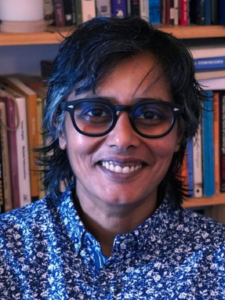
Svati Shah is an anthropologist who works on questions of sexuality, gender, migration and caste capitalism in India. They are an Associate Professor of Women’s, Gender and Sexuality Studies at the University of Massachusetts, Amherst, where they also hold adjunct appointments in the Departments of Anthropology and Afro-American Studies. Their first book, Street Corner Secrets: Sex, Work and Migration in the City of Mumbai, was published in 2014 by Duke University Press and by Orient Blackswan in India. It discussed sex work as an aspect of labor migration that is mediated by the politics of space, urbanization and caste. Their new work is on shifting political landscapes of queer and transgender social movements and the rise of authoritarianism in India.
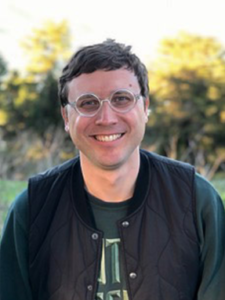
Curt Gambetta is a designer and historian whose research focuses on architecture in postcolonial India, histories of fieldwork in architecture, and the spatial politics of waste. He is currently a Visiting Critic at the Cornell School of Architecture, Art, and Planning, and a PhD candidate at Princeton University. He has been a member of Good As You since 2001 and edited the third issue of Sangha Mitra, Bangalore’s semi-annual magazine for the LGBTQ community.
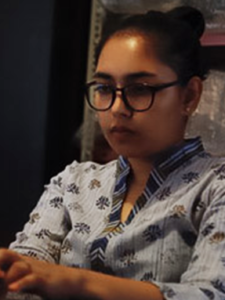
Deeptha Rao V N is an advocate whose areas of work include domestic violence, personal law, gender and sexuality and media law. She is a member of the core group of Mental Manadhil, a peer support group for conversations on mental health. She is also part of Raahi: A Journey Towards Dignity, a Bangalore based organisation working on crisis intervention for communities belonging to marginalised genders and sexualities, and is a co-founding member of Archive, Memory & Education Trust, Bengaluru.
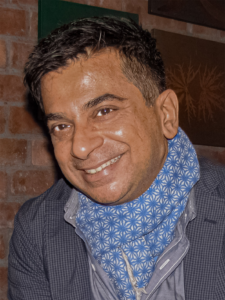
Vivek Divan is a queer activist and lawyer, and founder of the Centre for Heath Equity, Law & Policy, Indian Law Society, Pune. His expertise for over two decades has been at the intersections of law, health and sexuality. He has worked both nationally and internationally on these issues, including leading efforts to challenge section 377 of the Indian Penal Code, drafting a Bill that became India’s HIV/AIDS Act in 2017, and serving as member of the Secretariat and Technical Advisory Group of the Global Commission on HIV & the Law. He has participated as an expert advisor and speaker at various fora, and has published widely. He obtained his law degree from NLSIU, Bangalore, and an LL.M. from Cornell University.
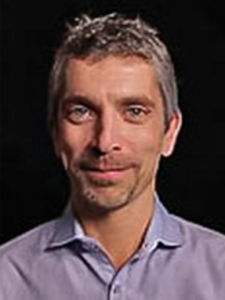
Graeme Reid is the Director of the Lesbian, Gay, Bisexual, and Transgender Rights Program at Human Rights Watch. He is an expert on LGBT rights. He has conducted research, taught and published extensively on gender, sexuality, LGBT issues, and HIV/AIDS. Before joining Human Rights Watch in 2011, Reid was the founding director of the Gay and Lesbian Archives of South Africa, a researcher at the Wits Institute for Social and Economic Research and a lecturer in Lesbian, Gay, Bisexual, and Transgender Studies at Yale University. An anthropologist by training, Reid received a master’s from the University of the Witwatersrand, Johannesburg, and a PhD from the University of Amsterdam. He is author of How to be a Real Gay. Gay Identities in Small-Town South Africa (University of KwaZulu-Natal Press, 2013); Above the Skyline. Reverend Tsietsi Thandekiso and the founding of an African gay church. (University of South Africa Press, 2010); and co-author of Waiting to Happen: HIV/AIDS in South Africa. (Lynne Rienner Publishers, 2004). He is co-editor of Men Behaving Differently: South African Men Since 1994. Double Storey / Juta Academic, 2005); Sex and Politics in South Africa (Double Storey / Juta Academic, 2005); and Refiguring the Archive (Springer 2002).
ASSOCIATE TEAM MEMBERS
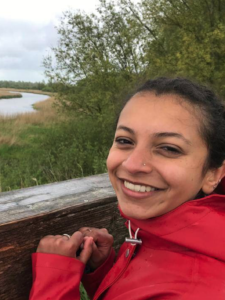
Yamuna is a graduate in history and law. Currently applying for a master’s degree in human rights, democratization, and peace and conflict, she’s also interested in both theatre and environmental conservation. She aims to bring internsectionality into her everyday work in a manner that brings about significant change for those from marginalised communities. In her words, working at QAMRA has given her a lot to consider about the role of archiving in activism, while also providing insight into the lived realities of queer folk.
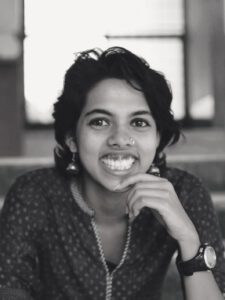
Shalom lives and works in Bangalore. She has a bachelor’s degree in English and Journalism, and a master’s in History from Ambedkar University, Delhi. She is currently in the process of applying for an LLB programme. She writes, reports, and is part of a left student group in the city. Through her time at the archive, she has learnt a lot – about herself, about the movement, about political activism at large, and about the centrality of friendships within it. Irrespective of where life takes her, she hopes to continue her engagement with QAMRA and contribute to the archival effort.
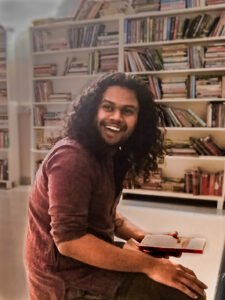
Siddarth is an aspiring queer historian based out of Bangalore. They have a master’s degree from Université Grenoble-Alpes, with a specialisation in the queer history of Bangalore and Social Movement Theory. Their areas of academic curiosity include critical geography, human rights, postcolonial and subaltern studies, literature, culinary ethnography and the philosophy of science.